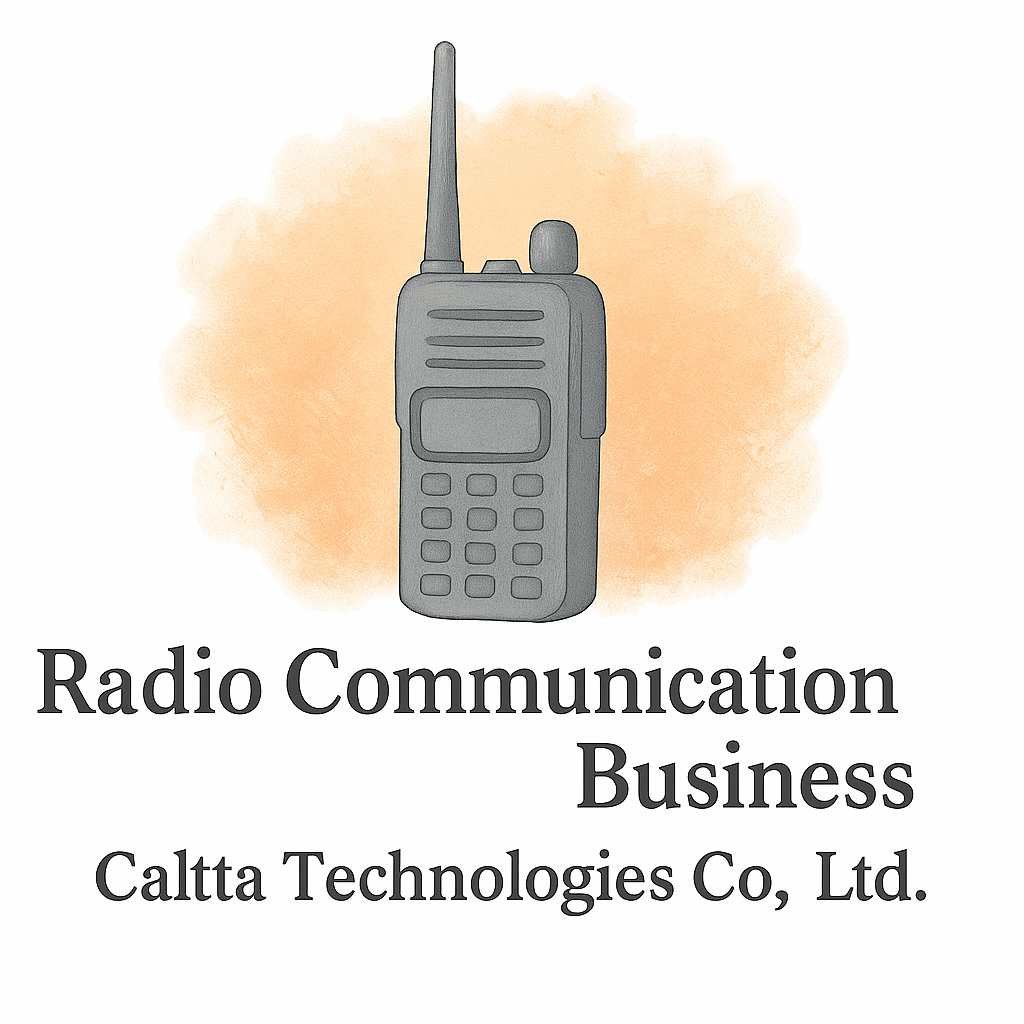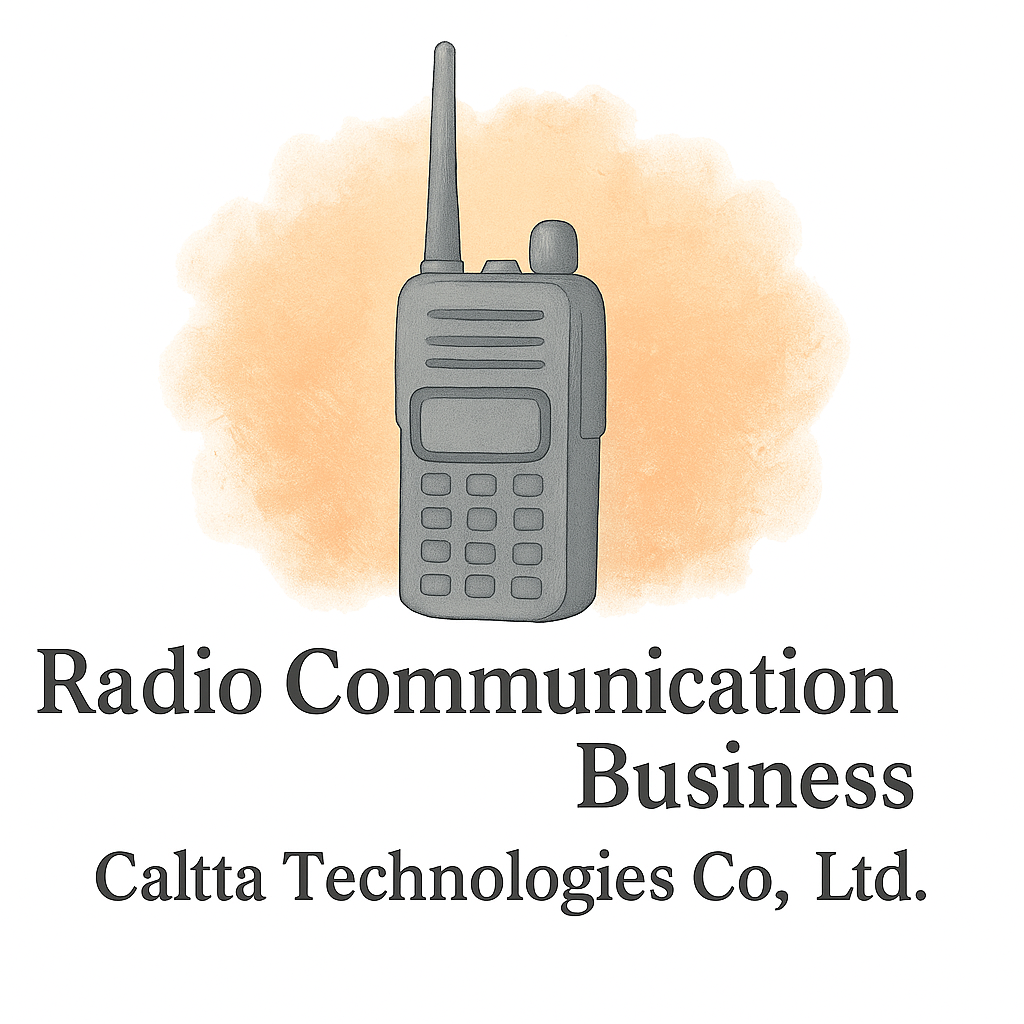Managing a radio communication business isn’t just about technology and signals—it’s about mastering the financial game too. From tracking expenses on transmitters to managing payroll for field techs, smart financial tools can make or break your business. If you’re still using spreadsheets or juggling paper receipts, it’s time for a serious upgrade.
In this guide, we’ll break down the top 5 financial tools you need, plus how to choose and use them effectively to grow your business without losing your mind (or your money).
Why Financial Tools Matter in the Radio Communication Industry
Running a radio communication business comes with unique financial complexities. You’re likely dealing with expensive, sensitive equipment, fluctuating tech costs, and tight operational budgets. Whether you’re providing radio solutions for public safety, industrial applications, or events, precision in your finances is key.
Visit Caltta International’s industry insights for more perspectives on managing costs and staying ahead of trends in radio tech.
The Unique Financial Challenges of a Radio Communication Business
From fleet maintenance to signal licensing and event staffing, radio communication companies operate in a high-stakes environment. Your financial tools need to be as sophisticated and fast-moving as the tech you deploy.
Tool #1: Accounting Software
When it comes to managing your books, modern accounting software is a must. It’s more than just tracking income and expenses—it’s about getting a full snapshot of your business health.
Best Accounting Platforms for Communication Companies
QuickBooks Online, Xero, and Zoho Books are great choices. They offer features like project-based accounting, recurring invoices, and bank syncing—perfect for recurring communication service contracts or equipment rentals.
You can learn more about equipment and technology investment strategies that complement strong accounting practices.
Integration with Other Business Tools
Look for platforms that integrate with your CRM, payroll, and inventory tools. This creates a seamless ecosystem where everything “talks” to each other—just like a good radio network!
Tool #2: Budgeting and Forecasting Tools
Budgeting might sound boring, but it’s the secret weapon of every successful business.
Importance of Financial Forecasting in Tech Businesses
Forecasting helps you plan for big purchases like repeaters or site expansion. It’s also key in preparing for lean months or shifting regulations. Check out Caltta International’s startup basics to understand how budgeting fits into a broader business setup.
Features to Look for in Budgeting Software
Look for software with:
- Scenario planning
- Cash flow projection
- Historical trend analysis
Tools like PlanGuru and Float help communication businesses plan not just for next month, but for the next market shift.
Also, explore tips on budgeting from Caltta’s budget tag section.
Tool #3: Inventory and Equipment Management Tools
This one’s huge for radio communication businesses. Your radios, base stations, antennas, and other gear are expensive. Losing track of them? Costly mistake.
Tracking Equipment and Assets in Real-Time
Tools like Sortly or Asset Panda let you track assets via barcodes, tags, and even GPS. You’ll know what’s in the field, what’s in storage, and what needs maintenance.
Integrating with Financial Planning Systems
When tied to your budgeting or accounting system, inventory tools help you:
- Depreciate equipment correctly
- Plan replacements
- Reduce unnecessary purchases
Explore cost-saving strategies for tech-heavy operations.

Tool #4: Payroll and HR Management Systems
Managing people is part of the gig—whether they’re installers, support agents, or engineers.
Managing Staff in a Tech-Heavy Business
Good payroll tools simplify taxes, benefits, and bonuses. Gusto and Paychex are popular for their automation and compliance tracking.
Ensuring Legal and Tax Compliance
If you’re hiring across states or countries, these tools can handle the complexity. Don’t forget to check compliance regulations often—they change fast!
Tool #5: Business Intelligence and Financial Analytics
Want to make smarter decisions? Use data, not guesswork.
Using Data to Drive Decisions
Business Intelligence (BI) tools help you:
- Understand customer behavior
- Track revenue by region or service
- Identify underperforming services
Tools like Power BI or Tableau are goldmines for understanding trends.
Custom Dashboards and Reporting
Customize dashboards to show the metrics that matter—like radio rentals by event, or profit margin by service type. For more insight on staying updated in the industry, visit Caltta’s events tag or conference tag.
Choosing the Right Tools for Your Business Size
There’s no one-size-fits-all. What works for a 5-person team might be overkill for a 50-employee firm.
Small Businesses vs Medium Enterprises
Small businesses might lean toward affordable, all-in-one solutions like Wave or FreshBooks. Larger operations may need robust suites with role-based access and custom workflows.
Refer to Caltta’s startup and business setup tags for more advice on scaling wisely.
Integrating Financial Tools for Seamless Operation
Disjointed systems = chaos. Integration is where the magic happens.
Creating a Centralized Financial Ecosystem
Use tools that share data automatically. For example:
- Inventory syncs with accounting
- Payroll updates project costs
- BI tools pull from all systems
This approach saves time and eliminates human error—two things every entrepreneur values!
Want more entrepreneur hacks? Caltta’s got you covered.
Common Mistakes to Avoid When Using Financial Tools
Even the best tools won’t help if you’re using them wrong.
Over-Reliance on One Tool
Relying on just one platform for everything might sound efficient, but it can actually create blind spots. Diversify and ensure tools complement each other.
Ignoring Industry-Specific Needs
A generic accounting app may not handle asset depreciation for high-value tech gear or support multi-site budgeting. Always pick tools that align with radio business needs.
Explore mistakes to avoid in tech and finance management to stay ahead.
Conclusion
Managing a radio communication business is no walkie-talkie in the park (pun intended!). But with the right financial tools in your toolkit—accounting, budgeting, inventory, payroll, and analytics—you can run your business like a pro.
You’ll spend less time drowning in numbers and more time doing what you love: building reliable communication networks.
And remember, your tools are only as good as how you use them. Keep learning, keep optimizing, and let tech do the heavy lifting.
For expert support on starting, scaling, and improving your business operations, check out Caltta International and their resources on financial planning, marketing and branding, and equipment technology.
FAQs
1. What’s the best financial tool for small radio businesses just starting out?
Start with a simple accounting and invoicing tool like Wave or QuickBooks Online. Combine it with an inventory tracker for basic asset management.
2. Can I use Excel instead of financial tools?
Technically yes, but it’s time-consuming and error-prone. Tools automate calculations, alerts, and reports—saving you time and money.
3. Do I need a separate tool for payroll?
Yes, especially if you have multiple employees. Payroll software ensures legal compliance, automatic tax filings, and timely payments.
4. How do I choose the right tool for my company?
Assess your needs: number of users, complexity of operations, growth plans, and budget. Opt for scalable tools that integrate with others.
5. Are these tools expensive?
There’s a range for every budget. Many offer free trials or tiers for small businesses. Start small and scale as you grow.
6. Can I track financials for multiple locations?
Absolutely. Many tools let you set up different locations, assign costs, and generate comparative reports.
7. Where can I get more advice on running a communication business?
Visit Caltta International for expert guides, insights, and tools tailored for the radio communication industry.


